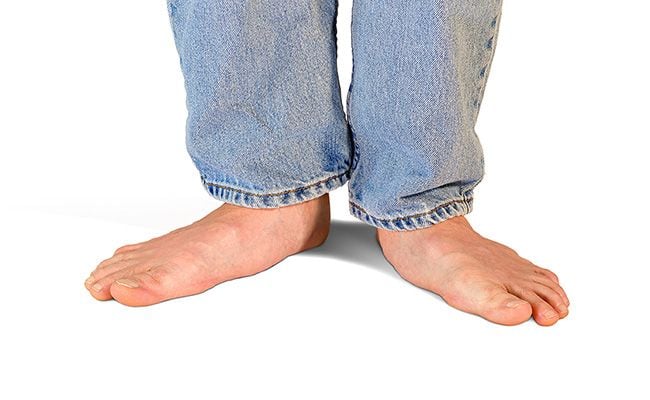This is the view of academics from China and the US who performed a literature review in the wake of concerns that conventional treatment, usually nonsteroidal anti-inflammatory drugs (NSAIDs), have been linked to unpleasant side effects and adverse events.
A total of nine RCTs with 1156 participants were included in the review.
Seven trials were conducted in China, all of which focused on herbal and TCM mixtures, one in the US, which assessed a cherry extract, and one from New Zealand, which analysed a milk fat ingredient.
Six trials had two arms; two trials had three arms; one trial had four arms. Five trials reported natural product formulation in decoction, two in capsules, and one in powder.
In many cases, the authors found evidence of promise, reporting: “The study results showed that in the majority of trials, [supplements] demonstrated some degree of therapeutic efficacy for joint swelling, pain, and activity limitation.”
However, established markers of clinical efficacy, namely serum uric acid (SUA) levels and CRP levels did not decrease significantly. Neither did the incidence of adverse events.
On trial
Despite the apparent evidence of therapeutic benefits, the review called into question the quality of the trials.
“The methodological quality of the included trials was poor with two or more assessments of high or unclear risk of bias. Despite mostly positive results in the therapeutic efficacy evaluation, the evidence data evaluating clinical efficacy were not convincing and robust, which could be attributed to the variety of evaluation criteria.
“Some studies comprehensively evaluated joint arthralgia, swelling, and activity limitation as well as laboratory indices, some focused on joint swelling and pain, and one utilized SF-36, SUA and urine urate for assessment.
“Poor methodological quality and the small number of the included trials were the other contributors.”
This led the researchers to conclude that the existing evidence is insufficient to permit a definitive statement about the efficacy and safety for gout patients.
“Therefore, high-quality RCTs of standardized evaluation criteria with international recognition are required in the future,” they added.
Source: Evid Based Complement Alternat Med
doi: 10.1155/2020/7976130
“The Impact of Natural Product Dietary Supplements on Patients with Gout: A Systematic Review and Meta-Analysis of Randomized Controlled Trials”
Authors: Juan Yang, et al.


